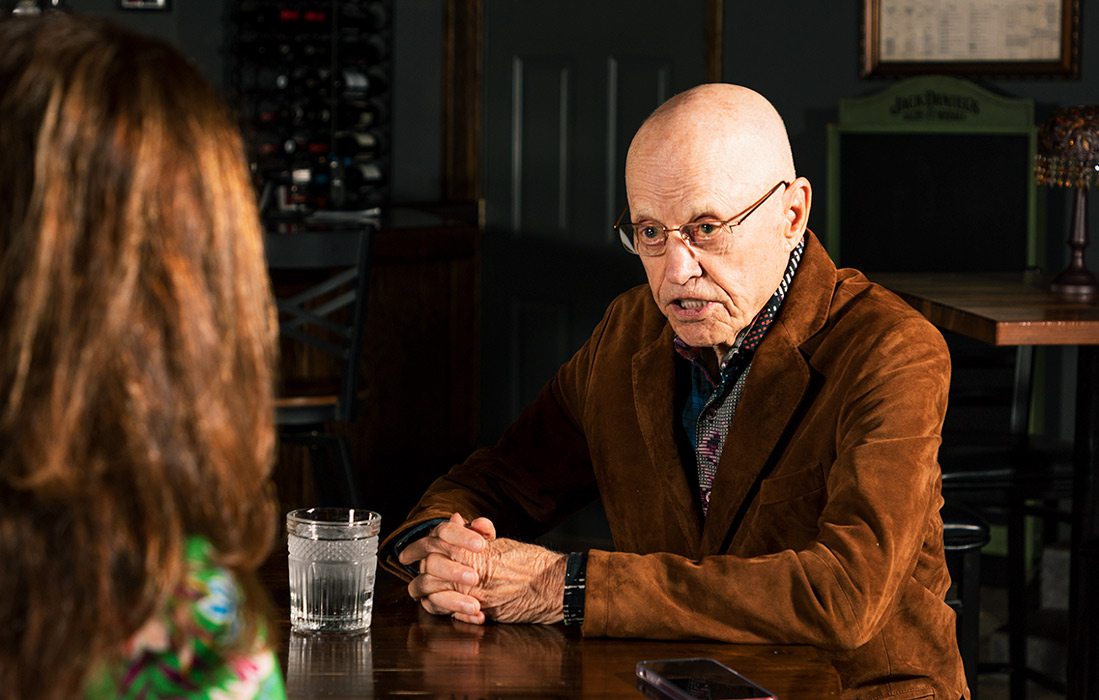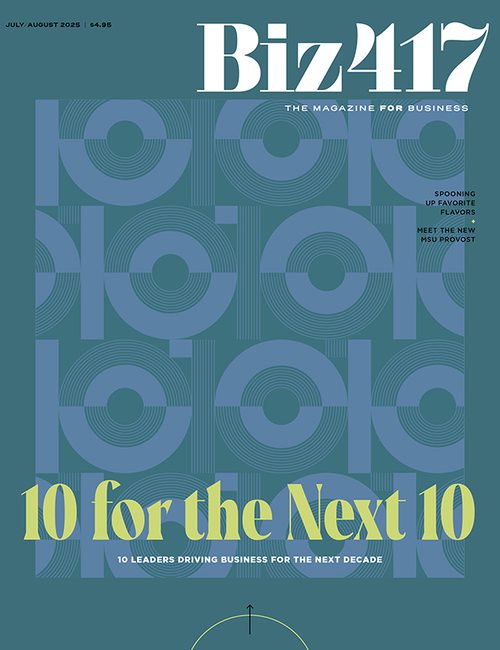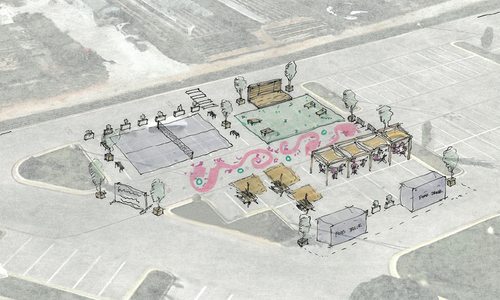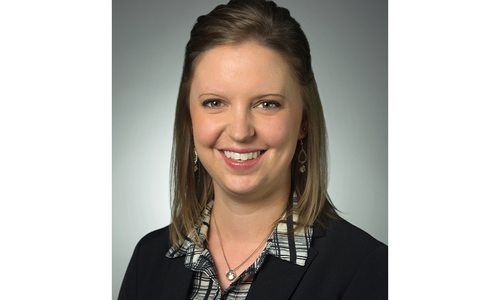
Strategy
Advice and Whiskey with Thomas Strong
No whiskey was needed when we met up with a legal legend in the Speakeasy at The Finley. Thomas Strong’s advice was as rich and clear as the finest single malt.
By Lucie Amberg
Jan 2022

Attorney Thomas Strong is known for his determination in the courtroom, most famously apparent when he successfully advocated for the State of Missouri in landmark tobacco litigation. His personal story—including his rise from poverty—demonstrates equal tenacity. He touched on all of it with Biz 417 Editor Lucie Amberg.
“When I was in high school, I read books about the famous trial lawyers of yesteryear. Clarence Darrow particularly appealed to me—the fighter for the poor, the underdog. I visualized that this would be my goal. My background was as a child of the Depression. My father was an invalid during the Depression. My mother was a one-room schoolteacher. Our income was $520 a year—not an hour, which some lawyers charge now—but a year. So we were poor even by Depression standards. I think that my background motivated me to want to help people who were underprivileged through no fault of their own, people who needed help. From the time I graduated from high school, I knew I wanted to be what I became: a trial lawyer.”
“You don’t come into the profession of trial law knowing that you’re going to work only five days a week. You’re going to have to work early in the morning, late at night. You’re going to have to work on weekends many times, if you want to win.”
“If you accept the case, you have to know that you’re going to win it. You do everything that has to be done. You finance the case for
experts or exhibits, and you spend all the hours that have to be spent. Sometimes in preparing for trials, I would have 20-hour workdays.”
“The case you’re working on is the most important case in the world to your client. So at the time you’re handling that case, it has to be the most important case in the world to you. That does bring pressure, and pressure means that you work hard, that you uncover
every stone, see what’s underneath it. You have to do your job.”
“If you have a client whose future depends on what you do, you can’t afford to get discouraged.”
“The jury has to believe in you. They have to trust you. They have to think that you are on their side. You’re not some person who has a play that they’re going to watch. They’re not going to be a spectator. You are fighting for the jury—for justice. That’s your job. A jury will not give a verdict to a client, and to a lesser extent to a lawyer, unless they like that person. For the jury, the definition of justice is: ‘We take from those we do not like; we give to those we like.’ You have to be trustworthy, knowledgeable and professional.”
“If the jury doesn’t like a client, it’s the lawyer’s fault.”












